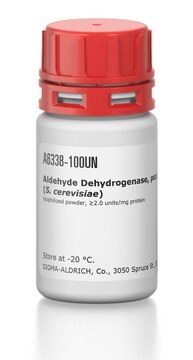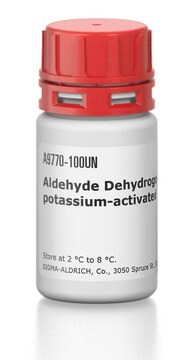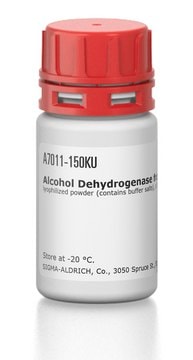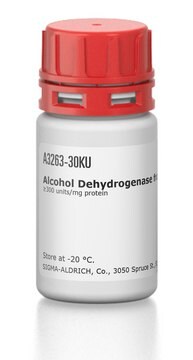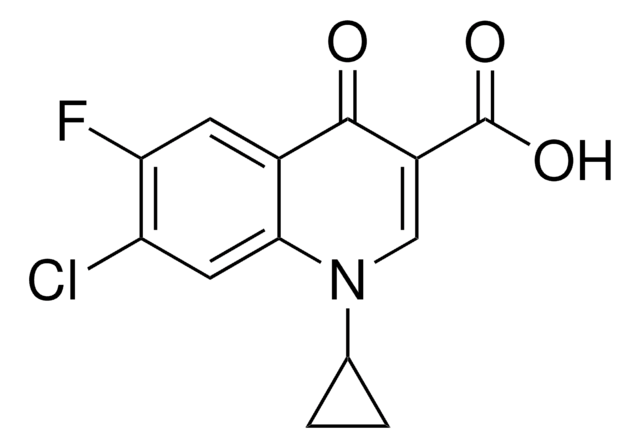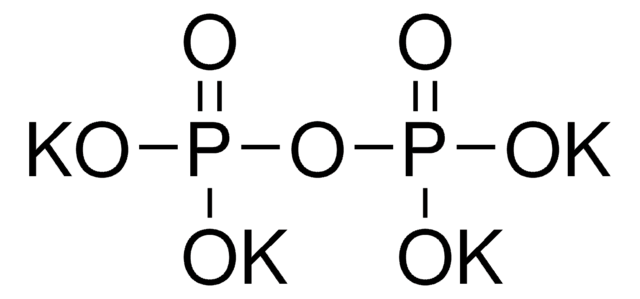82884
Aldehyde Dehydrogenase from baker′s yeast
≥1 U/mg
About This Item
Recommended Products
form
crystals
powder
solid
specific activity
≥1 U/mg
storage temp.
−20°C
Looking for similar products? Visit Product Comparison Guide
General description
Application
Biochem/physiol Actions
Packaging
Unit Definition
Other Notes
Storage Class Code
11 - Combustible Solids
WGK
WGK 3
Flash Point(F)
Not applicable
Flash Point(C)
Not applicable
Personal Protective Equipment
Regulatory Listings
Regulatory Listings are mainly provided for chemical products. Only limited information can be provided here for non-chemical products. No entry means none of the components are listed. It is the user’s obligation to ensure the safe and legal use of the product.
JAN Code
82884-25MG-F:
82884-100MG-F:
82884-BULK-F:
82884-VAR-F:
Choose from one of the most recent versions:
Already Own This Product?
Find documentation for the products that you have recently purchased in the Document Library.
Customers Also Viewed
Our team of scientists has experience in all areas of research including Life Science, Material Science, Chemical Synthesis, Chromatography, Analytical and many others.
Contact Technical Service